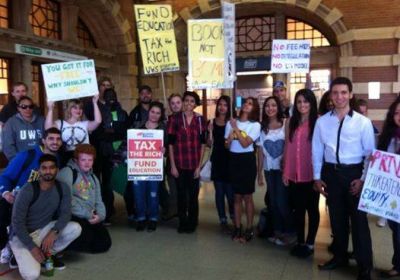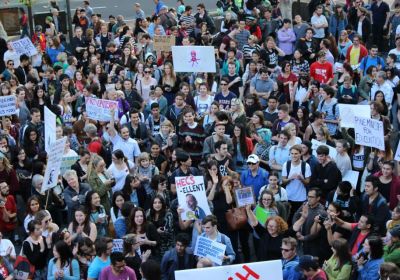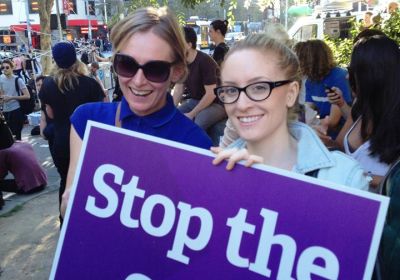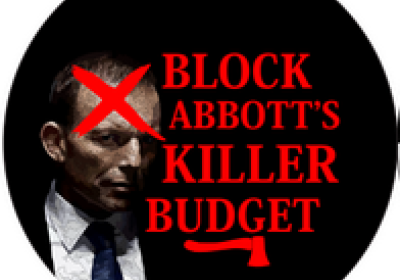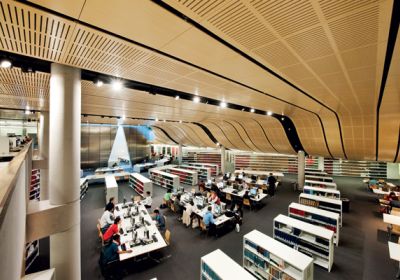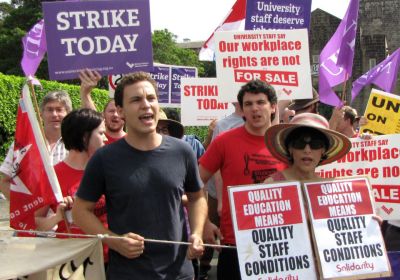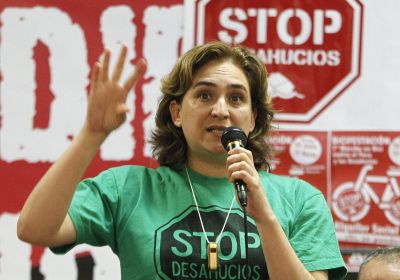
If anyone can get the different forces of the Catalan left to unite in support of a common cause, it is Ada Colau. The spokesperson of the anti-eviction Mortgage Victims Platform (PAH) until early May, Colau is almost certainly the most popular and respected social activist in the Spanish state.
On June 26, Colau launched Let’s Win Barcelona platform for next year's May municipal elections in the Catalan capital.
